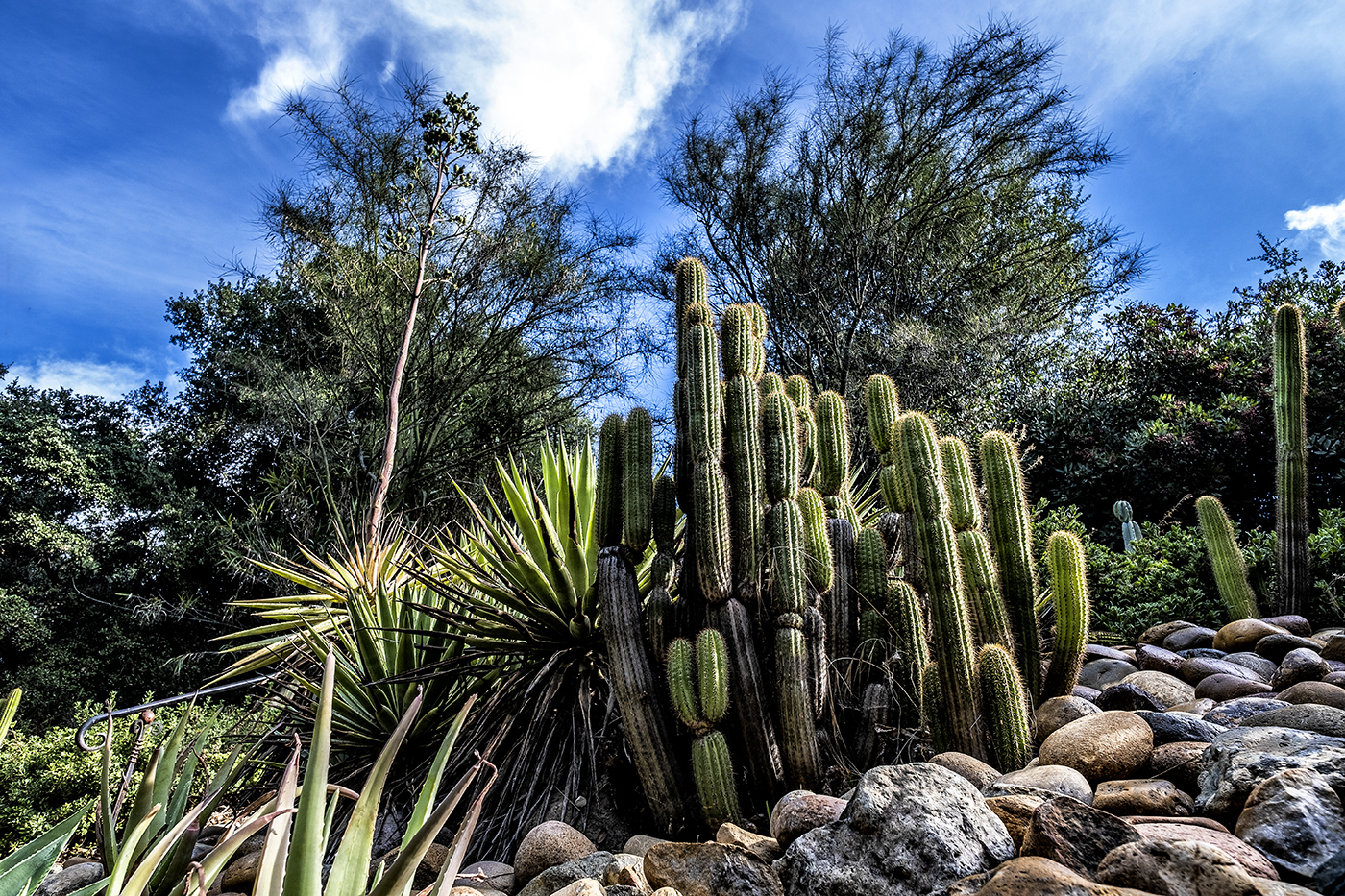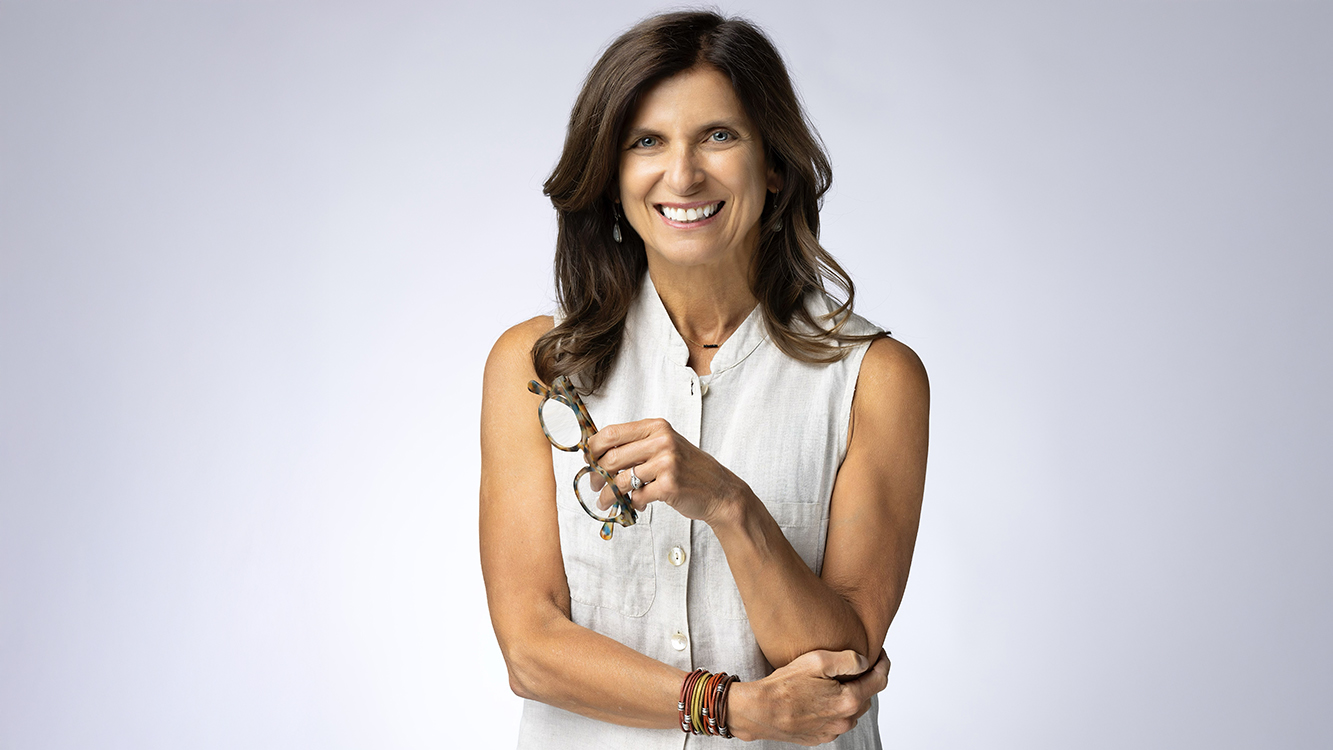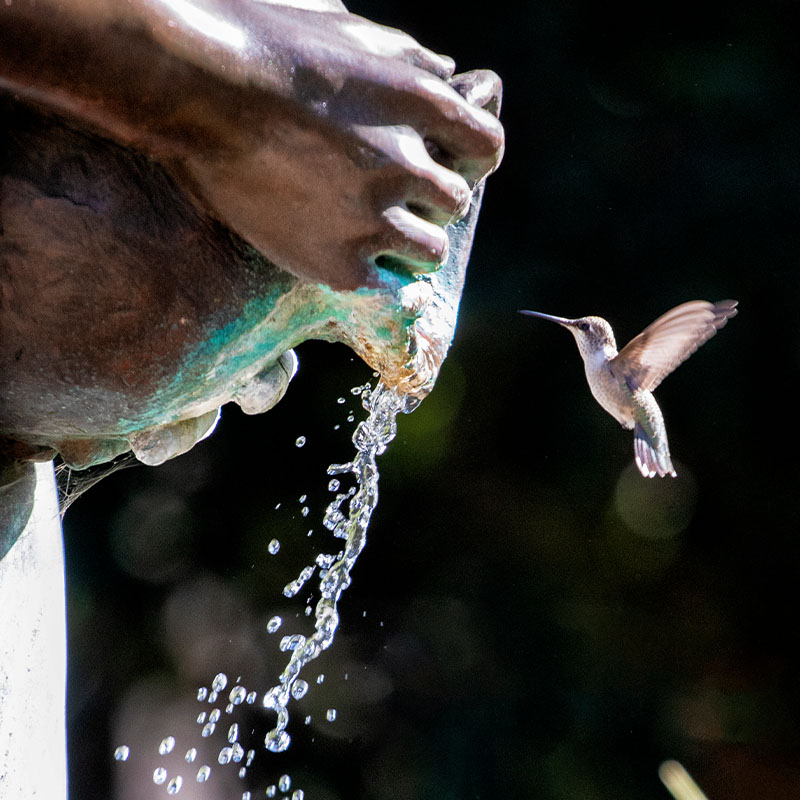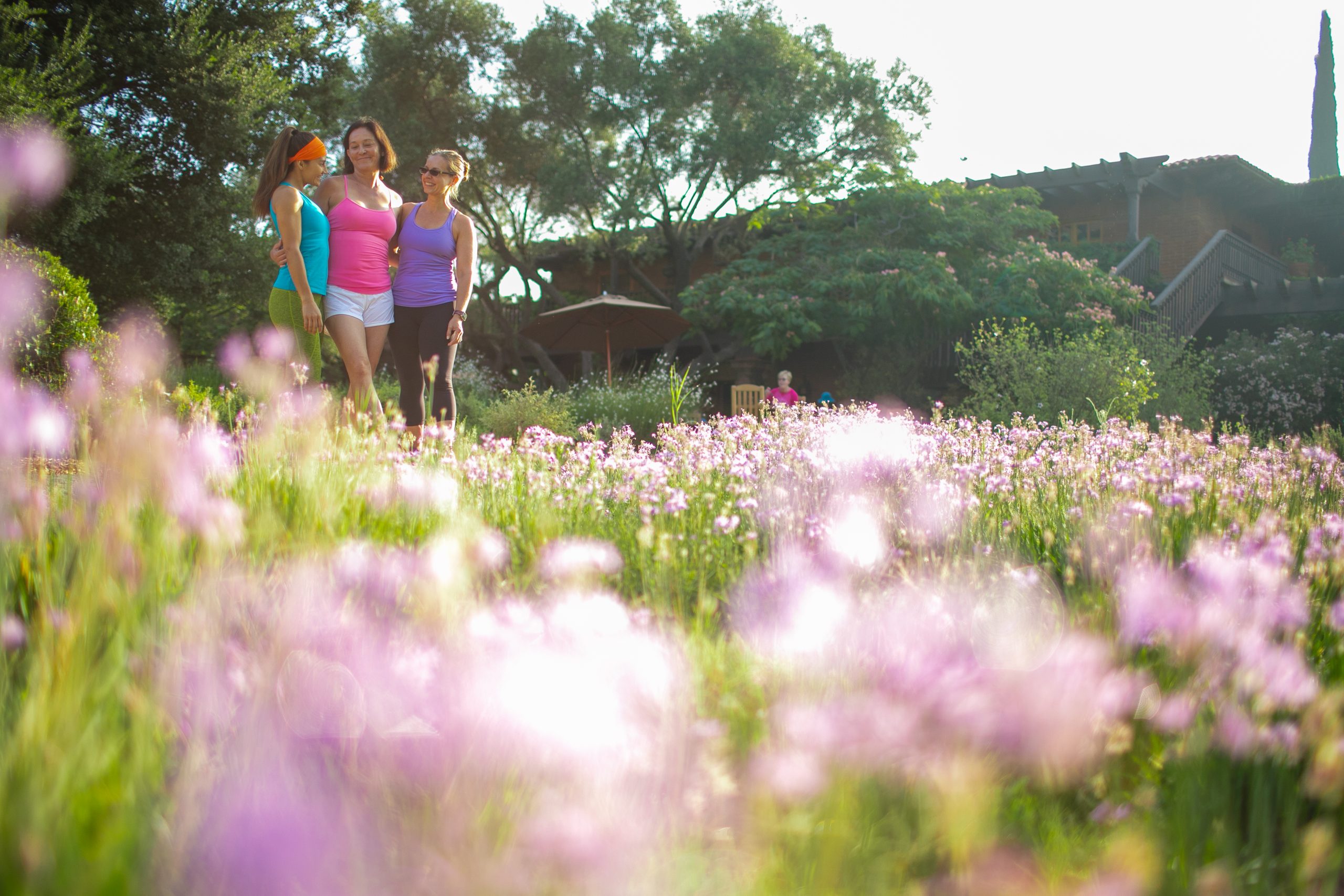Brother Phap Hai in Conversation

Brother Phap Hai is a senior student of Zen Master Thich Nhat Hanh. Originally from Australia, he is a meditation teacher and retreat leader focused on mindfulness through ancient wisdom and Dharma in a humorous manner. His first book, “Nothing To It: Ten Ways to Be at Home with Yourself,” was published in 2015 by Parallax Press and is widely available. He’s working on his second book which should be out in 2021.
Brother Phap Hai joined Rancho La Puerta’s Director of Guest Relations Barry Shingle and Co-Founder Deborah Szekely for an online discussion reflecting on our current moment, which is edited and excerpted here.
Barry: Every day I’ve been using a quote, and the quote that I found for today is by Joseph Campbell, which I really like. And it says, “We must let go of the life we planned so as to accept the life that is waiting for us.”
Deborah: That’s lovely for today.
Phap Hai: Ah, for sure. That’s the deepest and most wonderful healing journey we can undertake. It’s also the most challenging.
Barry: For those joining us who have not had the experiences of meditating with Phap Hai, I’m trying to get him to come back whenever he’s available. But now he’s quarantined in Australia for a while. He’s the senior student of Zen Master, Thích Nhất Hạnh. And Deborah and I both have Thích Nhất Hạnh books sitting on our bedside. We both love to read them. Phap Hai travels the world teaching workshops and meditations and he wrote a book, Nothing To It: Ten Ways to Be at Home with Yourself.
Deborah: It’s the perfect step-guide because people are quarantined at home, this book is a great guide.
Barry: It’s perfect. It’s excellent. Tell us, Phap Hai, how are you experiencing this new world?
Phap Hai: Do you know, it was a real moment of surprise for me? After a challenging year, I came to Australia to be with family and to offer a few little meditation retreats. I expected to be here for about a month or perhaps six weeks. Then our government shut the borders, and we entered into quarantine. There was a lot of fear and a lot of anxiety around everywhere. I deeply empathize with the massive change in circumstances. And at the same time for me, as a monastic, not much has changed to be really honest, apart from no travel.
I spend most of my time, particularly when we have over a year, which is called our Rains Retreat, actually living in a lockdown. We have physical boundaries that we don’t go out of except for emergencies. We have simple living conditions, and so on. So, not much has changed on that level. However, I’ve decided to really put into practice what my tradition teaches me, and that is to respond to the circumstances as they are.
Barry: So, Deborah, tell Phap Hai how you’re doing with all this.
Deborah: Well, you have no choice but to do well. And I get to reread books that I haven’t read in a while. I take long walks twice a day which is unusual; not our usual pursuit. But actually, as the days go, I have a huge correspondence list. Emails take a good part of the day. The days just go one after another. I’m looking forward to my freedom.
Barry: You know Phap Hai, Deborah and I both have koi ponds in our houses. The other day she called to tell me she was sitting, looking at her koi fish and thought of me. I was sitting looking at my koi fish at the same time. I was noting that my koi fish still swim round and round and round as this is happening. They have no idea that there’s a virus happening in the world. It’s kind of reassuring.
Deborah: They’re very peaceful.
Barry: They’re very peaceful.
Phap Hai: Isn’t that interesting? I was reflecting on what Deborah shared earlier about looking forward to freedom. And in my own tradition we have a saying that we often remind ourselves of, and that is, “to be free where we are.” That we can’t choose our circumstances often in our lives, but we can choose how to respond. We have a tradition that wherever we are and whatever circumstances we’re in, we bless those circumstances. Here in Australia, it’s very strict. We can be fined from $1,100 to $11,000 for going out of our house without reason. I think people are having a lot of agitation about that. And for us, we have a practice of going around to the physical boundaries and blessing them.
Deborah: How do you bless them?
Phap Hai: We walk around physically with a little incense or something. And then we stand in that place, and we acknowledge that those boundaries are not there to limit us, but they’re there to provide a place of nurturance and sustenance for us. And then from those outer boundaries, we go and look at our inner boundaries. That’s where we are putting our attention. Am I focusing on what I can’t do, or what I’m limited in? Or, am I focusing on what nourishes me, what really nourishes my heart in this moment? So that’s what we do, and it’s been a very helpful practice—especially that simple practice of choosing to be free where I am. You know, to understand that our real freedom as human beings, is our freedom to choose how to respond to these events. We can choose what story to tell ourselves, and to refocus a little on the conditions of happiness that we have, which might be a lot simpler than what we’re used to.
Barry: We’re very grateful to have you. Reflecting on what you said, I feel like we have a lot of physical limitations right now. Still, I think internally, we have no limitations. I mean, what you can create your own internal environment, no matter where you are and what you’re doing. Even if it’s within the four walls of your house and you start to realize what is super, what is really important to you. And I think that’s what’s been great for me personally. And I think that a lot of people I’ve spoken to and are starting to realize what really matters too, you know? It’s not all the physical activities that we’re out and about doing every day.
Phap Hai: No, it’s not something as simple as a nice warm cup of tea. To be with your family members and to really connect, that can be powerful. I’ll tell you a funny story about Australian culture and toxic masculinity. Before the lockdown began, I sat on the public bus here in Australia, in front of two older gentlemen. And I always have my antenna out for teachings and inspirations, wherever I’m going.
I was sitting on the bus, one old man said to the other, “You know, I want to let you know, don’t ever ask that guy how he is, because he’ll actually tell you.” I thought to myself how interesting, of course, there’s the toxic masculinity thing, but there’s also something that I’m noticing in this period of lockdown. It began a week or so after I was on that bus. I’m hearing people share that they’re noticing these moments of connection.
They’re looking people in the eyes; they’re really valuing those things that they didn’t appreciate before. I’m a Buddhist Monk. So that’s my frame of reference. Whenever we enter a traditional temple, we see these two images at the door. One’s a very gentle and welcoming image saying, come in, come in, and it feels like it’s a mother embracing you. And that’s one face of a teacher.
On the other side of the door is this very fierce, demonic kind of image. The image of someone who’s going to cut away all of our sense of safety and all of the places we use to hide. And that’s another form of compassion. That’s another form of a teacher. A teacher doesn’t only come in a physical form, but it can also come with a situation, and this, for me, is really as a fierce teacher. In some ways, it’s cutting away all of those things that we thought were security. It reminds us of the most important and foundational things, which are those basic things, our human connection. We can see ourselves and see others, not as objects, but as real people that we’re in a relationship all the time with. So, it’s a precious moment. It’s a noble moment.
Deborah, I’m interested whether you’ve ever gone through an experience of isolation and separation or these kinds of moments similar to now. And how did you nurture your happiness? You’re such a resilient and amazing person on so many levels. What are some of the ways that you nurture your own resilience?
Deborah: Well, there’s an old phrase, “And this too shall pass.” It’s a classic. If anything, you get a sense of time. Soon, I’m going to be 98. So, I get a sense of a lot of time. No, but really everything is transient, and it’s the addition of how you handle it? I don’t know. I’ve been blessed, and I feel my blessings when I wake up. I’ve just been so fortunate in my life that life smiled at me.
You can watch their whole conversation here or join us for Voices from The Ranch and Chats with Barry.


